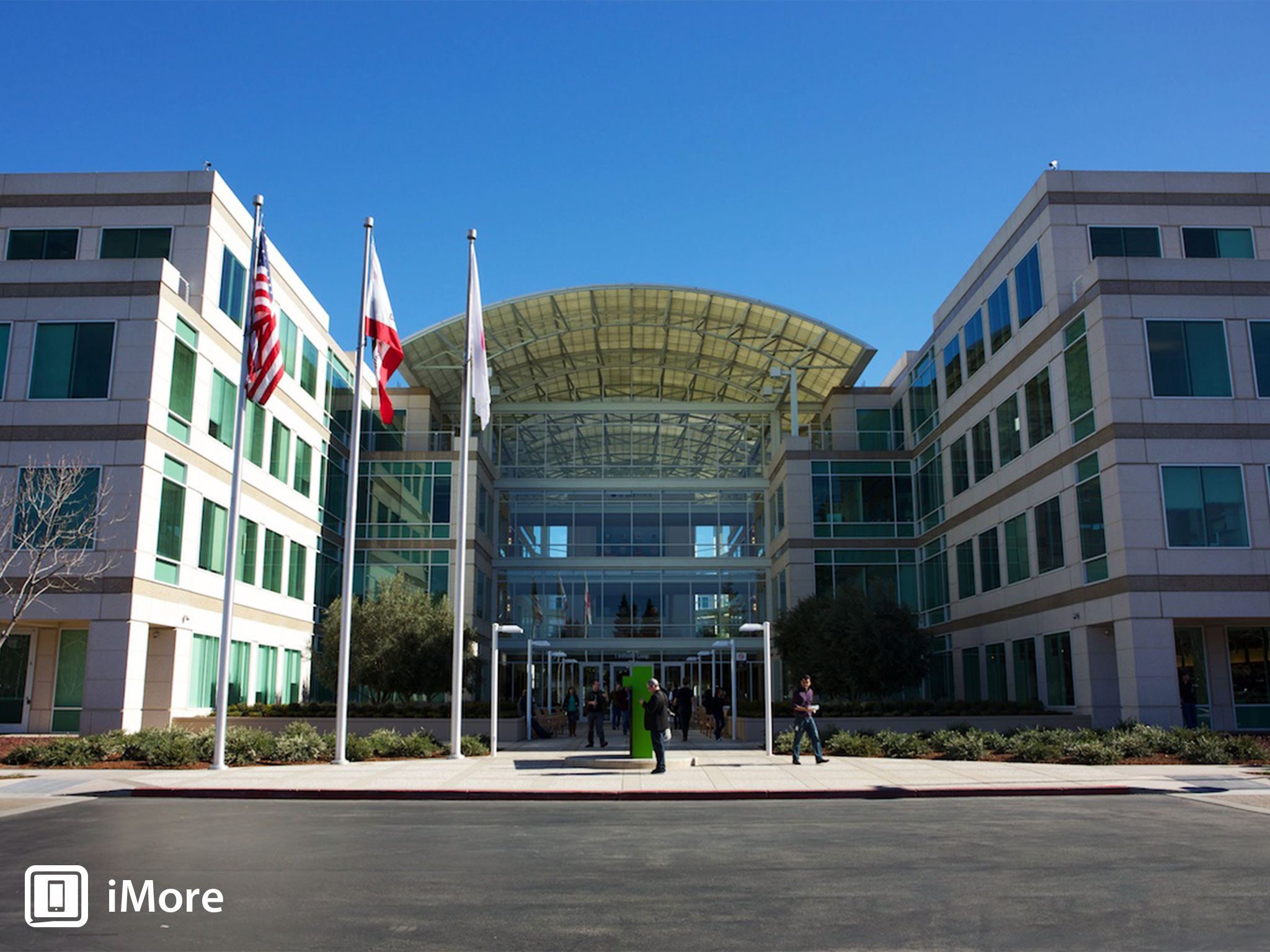
Apple does not use technology patented by Google's Motorola Mobility business unit in the iPhone, a federal appeals court said on Friday. The decision upholds a ruling made by the International Trade Commission (ITC) last April, according to Reuters.
Apple, Google, Samsung and others have been in pitched in worldwide legal battles over the technology used in their mobile devices as the companies stake out claims. In 2010 (prior to its acquisition by Google), Motorola Mobility claimed that Apple infringed six of its patents. The ITC ruled in favor of Apple. Predictably, Motorola Mobility appealed, and the appeals court again found in Apple's favor, at least for one of the six patents, according to the report.
Motorola Mobility has a large amount of patents to its credit, and it was one of Google's principal reasons for acquiring the business unit to begin with. So it's got to smart a little bit for Google to find out that at least some of these patents aren't providing it with the ammunition it needs to keep Apple at bay.
It'd be nice if everyone could play together without bloodying noses, but that's not going to happen: companies competing in the same markets with similar products have long sought to disrupt each others' businesses by dragging them into court. A lot of people are plainly exhausted by it, and there's a lot of call for patent law reform. Certainly it's needed.
Patent reform has been been on the mind of legislators in the US Congress lately; in December, the House of Representatives passed the Innovation Act (one of the few pieces of legislation, it seems, that was widely favored by both parties). The act - now in the hands of the Senate - would make it more difficult for so-called patent trolls to operate. Patent trolls aren't companies like Apple and Google, but businesses like Lodsys, which make no products but instead has targeted small iOS and Android app developers for legal action, alleging that they violate patents on things like in-app purchases.
That won't solve the bigger problem - that many, many patents have been granted to companies and individuals for only vaguely-worded and vaguely-described inventions. Getting to the root that problem is going to require a fundamental overhaul of the U.S. Patent and Trademark Office, and I haven't heard the right people talk about that particular issue at all.
Source: Reuters
Source: http://feedproxy.google.com/~r/TheIphoneBlog/~3/Ls5-JcS3Mgw/story01.htm





No comments:
Post a Comment